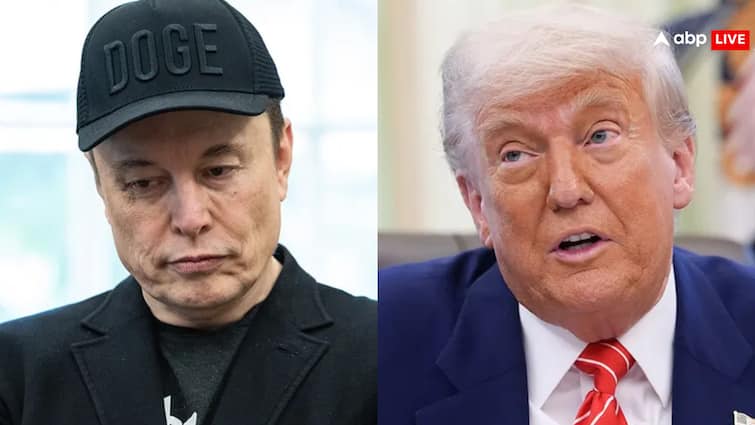
Elon Musk, the billionaire innovator behind Tesla and SpaceX, is officially diving into politics with the launch of a new movement—the America Party. In a post shared Saturday on his social platform X, Musk declared, “Today, the America Party is formed to give you back your freedom,” signaling a direct challenge to America’s long-standing two-party system.
The announcement follows what Musk described as overwhelming public support for a new political alternative. According to a poll he conducted, Americans favored a fresh political force by a 2-to-1 margin—fueling his belief that the nation is ready for change.
Musk Targets the “Uniparty” Structure
Frustration with both Republicans and Democrats has been building for years, but Musk is now using his platform and influence to ignite what could become a disruptive political rebellion. He pulled no punches in his criticism: “When it comes to bankrupting our country with waste and graft, we live in a one-party system, not a democracy.”
In a follow-up post, Musk went deeper, unveiling a surprisingly intellectual battle plan to dismantle the political status quo. Drawing from classical history, he referenced the Battle of Leuctra, where Theban general Epaminondas famously broke Spartan military dominance through a bold, concentrated strike.
“The way we’re going to crack the uniparty system is by using a variant of how Epaminondas shattered the myth of Spartan invincibility at Leuctra: Extremely concentrated force at a precise location on the battlefield,” Musk wrote.
The message was clear: Musk doesn’t plan to challenge the system through sheer numbers, but through surgical political strikes aimed at swing races and vulnerable districts.
Will the America Party Reshape 2026?
It’s still unclear whether the America Party will field candidates in the upcoming 2026 midterms, but Musk has hinted at a focused strategy. “One way to execute on this would be to laser-focus on just 2 or 3 Senate seats and 8 to 10 House districts,” he posted earlier, suggesting the movement’s influence could be maximized in select, high-impact races.
That approach could have major implications. The Republican Party currently holds a slim advantage in the House, and third-party candidates—even a few—could tip the balance. The Senate map, however, appears more favorable to the GOP in 2026.
Musk’s party platform appears rooted in core principles he’s long championed: balanced budgets, reduced government waste, and freedom of speech—positions that could siphon support from both major parties, but especially from Republicans, who traditionally claim those values as their own.
Can Musk Succeed Where Others Have Failed?
Third parties have historically struggled to gain a foothold in U.S. politics. While the Libertarian Party is the most prominent alternative, it has yet to elect anyone to Congress or a statewide office. Notable exceptions like Jesse Ventura’s 1998 gubernatorial win in Minnesota are few and far between—and often short-lived.
Today, only two independents serve in the U.S. Senate: Bernie Sanders of Vermont and Angus King of Maine, both of whom caucus with Democrats.
Still, with Elon Musk’s deep pockets, massive online following, and track record of turning moonshots into reality, some wonder: could this time be different?
Doonited Affiliated: Syndicate News Hunt
This report has been published as part of an auto-generated syndicated wire feed. Except for the headline, the content has not been modified or edited by Doonited




















































